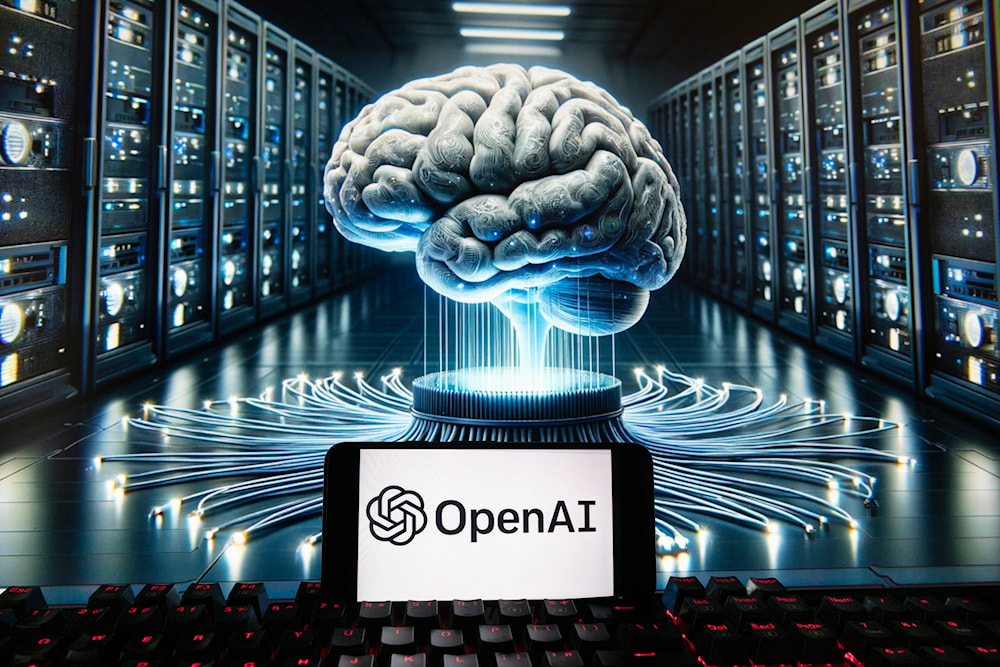ChatGPT maker secretly developing new type of AI: Reuters
OpenAI aims to significantly enhance the reasoning capacity of its models.
-

The OpenAI logo is seen displayed on a cell phone with an image on a computer monitor generated by ChatGPT's Dall-E text-to-image model, on December 8, 2023. (AP)
OpenAI, the creator of the virtual assistant ChatGPT, is developing a groundbreaking approach to its artificial intelligence technology, Reuters reported on Friday. In a project code-named 'Strawberry,' the Microsoft-backed company aims to enhance its models' reasoning capabilities significantly.
Details about how Strawberry operates are "a tightly kept secret" even within OpenAI, a person familiar with the matter told Reuters. The source explained that the project involves a "specialized way" of processing an AI model after it has been pre-trained on extensive datasets.
The objective is to empower artificial intelligence not just to generate responses to queries, but to adeptly strategize and engage in "deep research" by autonomously and reliably navigating the internet.
Reuters reported that it had reviewed an internal OpenAI document outlining a plan for how the US firm could deploy Strawberry to perform research. However, the agency noted that it could not establish when the technology would become available to the public. The source described the project as a “work in progress.”
Models 'hallucinate'
When asked about the issue, an OpenAI spokesperson told Reuters, “We want our AI models to see and understand the world more like we [humans] do. Continuous research into new AI capabilities is a common practice in the industry, with a shared belief that these systems will improve in reasoning over time.” The spokesperson did not address Strawberry directly in the response.
Current AI large language models can summarize vast amounts of text and create coherent prose faster than humans, but they often struggle with common sense solutions that are intuitive to people. When faced with these challenges, the models frequently "hallucinate," presenting false or misleading information as facts.
Researchers who spoke with Reuters noted that reasoning, which has so far eluded AI models, is essential for artificial intelligence to achieve human or super-human levels of understanding.
Read next: Experts warn AI poses existential threat to health of millions
Last year, on March 31, Elon Musk, Steve Wozniak, Andrew Yang, and more than 1,000 artificial intelligence experts, researchers, and backers joined a call for an immediate pause on the creation of “giant” AIs for at least six months.
"Contemporary AI systems are now becoming human-competitive at general tasks," the open letter published on the website of Future of Life Institute warned.
"Should we develop nonhuman minds that might eventually outnumber, outsmart, obsolete, and replace us?"

 3 Min Read
3 Min Read








